With nearly a third of the global music-streaming market share, Spotify needs little in the way of introduction. Some 456 million people consume music, podcasts and audiobooks through Spotify each month, 42% of which pay a monthly fee while the rest are subjected to advertisements.
Ads and subscriptions have been the cornerstone of Spotify’s business model since its inception, though it has expanded into tangential verticals such as concert tickets. However, the company is now exploring another potential money-spinner that has little to do with its core consumer product.
Back in October, Spotify teased plans to commercialize a developer-focused project that it open sourced nearly three years ago, a project that has been adopted by engineers at hundreds of companies including Netflix, American Airlines, Box, Roku, Splunk, Epic Games, VMware, Twilio, and LinkedIn.
Today, those plans are coming to fruition.
Infrastructure frontend
The project in question is Backstage, a platform designed to bring order to companies’ infrastructure by enabling them to build customized “developer portals,” combining all their tooling, apps, data, services, APIs and documents in a single interface. Through Backstage, users can monitor Kubernetes, for example, check their CI/CD status, view cloud costs or track security incidents.
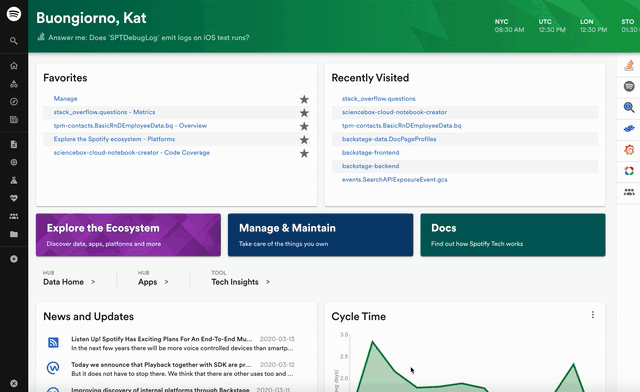
While there are other similar-ish tools out there, such as Compass, which Atlassian introduced earlier this year, Backstage’s core selling point is that it’s flexible, extensible and open source, enabling companies to avoid vendor lock-in.
Spotify had used a version of Backstage internally since 2016, before releasing it under an open source license in early 2020. And earlier this year, Backstage was accepted as an incubating project at the Cloud Native Computing Foundation (CNCF).
Most of the big technology companies have developed fairly robust open source programs, often involving contributing to third-party projects that are integral to their own tech stack, or through donating internally developed projects to the community to spur uptake. And that is precisely what led Spotify to open source Backstage, having previously been blindsided by the rise of Kubernetes in the microservices realm.
For context, Spotify was an early adopter of microservices, an architecture that makes it easier for companies to compile complex software through integrating components developed separately and connecting them via by APIs — this is versus the traditional monolithic architecture which, while simpler in some regards, is difficult to maintain and scale.
Spotify was basically in the right place at the right time when the great transition from monolith to microservices was happening. But with microservices, there is a greater need to coordinate all the different moving parts, and can be an unwieldy process involving different teams and disciplines. To help, Spotify developed a home-grown container orchestration platform (which basically hosts the different microservices) called Helios, which it open sourced back in 2014. However, with Kubernetes arriving from the open source vaults of Google the same year and eventually going on to conquer the world, Spotify made the “painful” decision to ditch Helios and go all-in on Kubernetes.
“Kubernetes kind of took off and got better — we had to swap that [Helios] out, and it was painful and expensive for us to do,” Tyson Singer, Spotify’s head of technology and platforms, explained to TechCrunch. “But we needed to do it, because we couldn’t invest at the same rate to keep it up to speed [with Kubernetes].”
This proved to be the genesis for Spotify’s decision to open source Backstage in 2020: Once bitten, twice shy. Spotify didn’t want Backstage to lose out to some other project open sourced by one of its rivals, and have to replace its internal developer portal for something else lightyears ahead by virtue of the fact it’s supported by hundreds of billion-dollar companies globally.
“Backstage is the operating system for our product development teams — it’s literally fundamental,” Singer said. “And we do not want to have to replace that.”
Fast-forward to today, and Spotify is now doubling-down on its efforts to make Backstage a stickier proposition for some of the world’s biggest companies. And this will involve monetizing the core open source project by selling premium plugins on top of it.
“By generating revenue from these plugins, that allows us to be more confident that we can always be the winner,” Singer continued. “And that’s what we want — because, you know, it will be expensive for us to replace.”
Plugged in
Backstage is already built on a plugin-based architecture that allows engineering teams to tailor things to their own needs. There are dozens of free and open source plugins available via a dedicated marketplace, developed both by Spotify and its external community of users. However, Spotify is taking things further by offering five premium plugins and selling them as a paid subscription.
The plugins include Backstage Insights, which displays data around active Backstage usage within an organization, and which plugins users are engaging with.
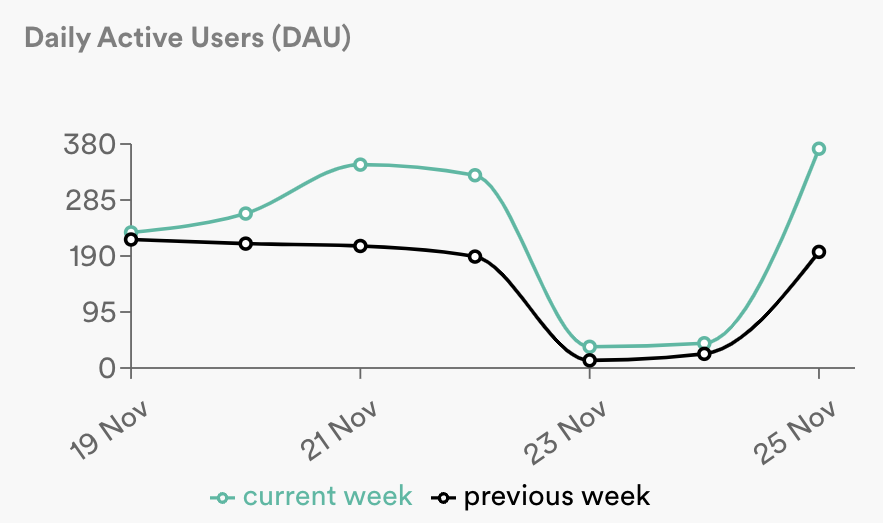
Elsewhere, Pulse powers a quarterly productivity and satisfaction survey directly from inside Backstage, allowing companies to quiz their workforce and identify engineering trends and access anonymized datasets.
Skill Exchange, meanwhile, essentially brings an internal marketplace to help users find mentors, temporary collaborative learning opportunities or hacks to improve their engineering skills.
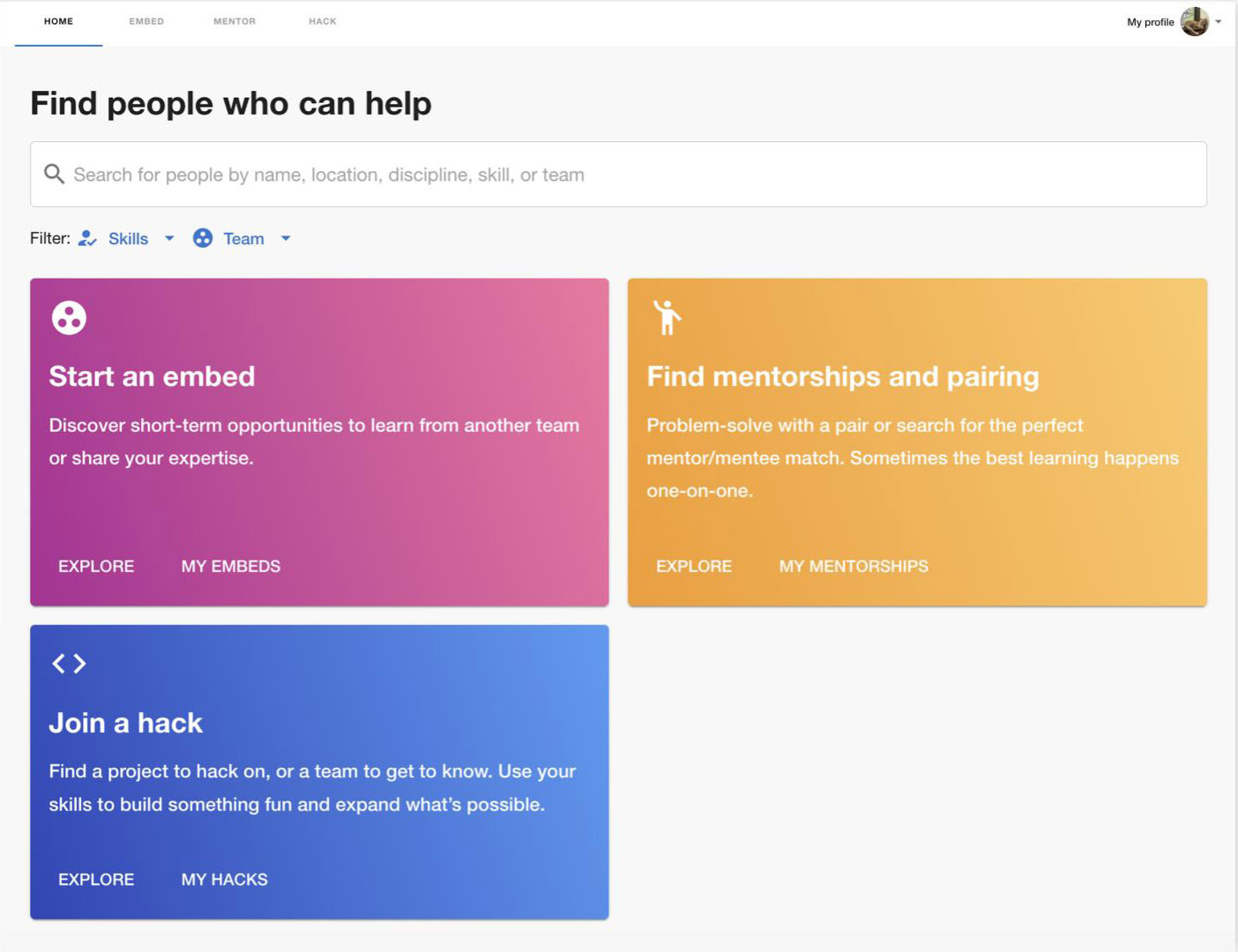
And then there’s Soundcheck, which helps engineering teams measure the health of their software components and “define development and operational standards.”
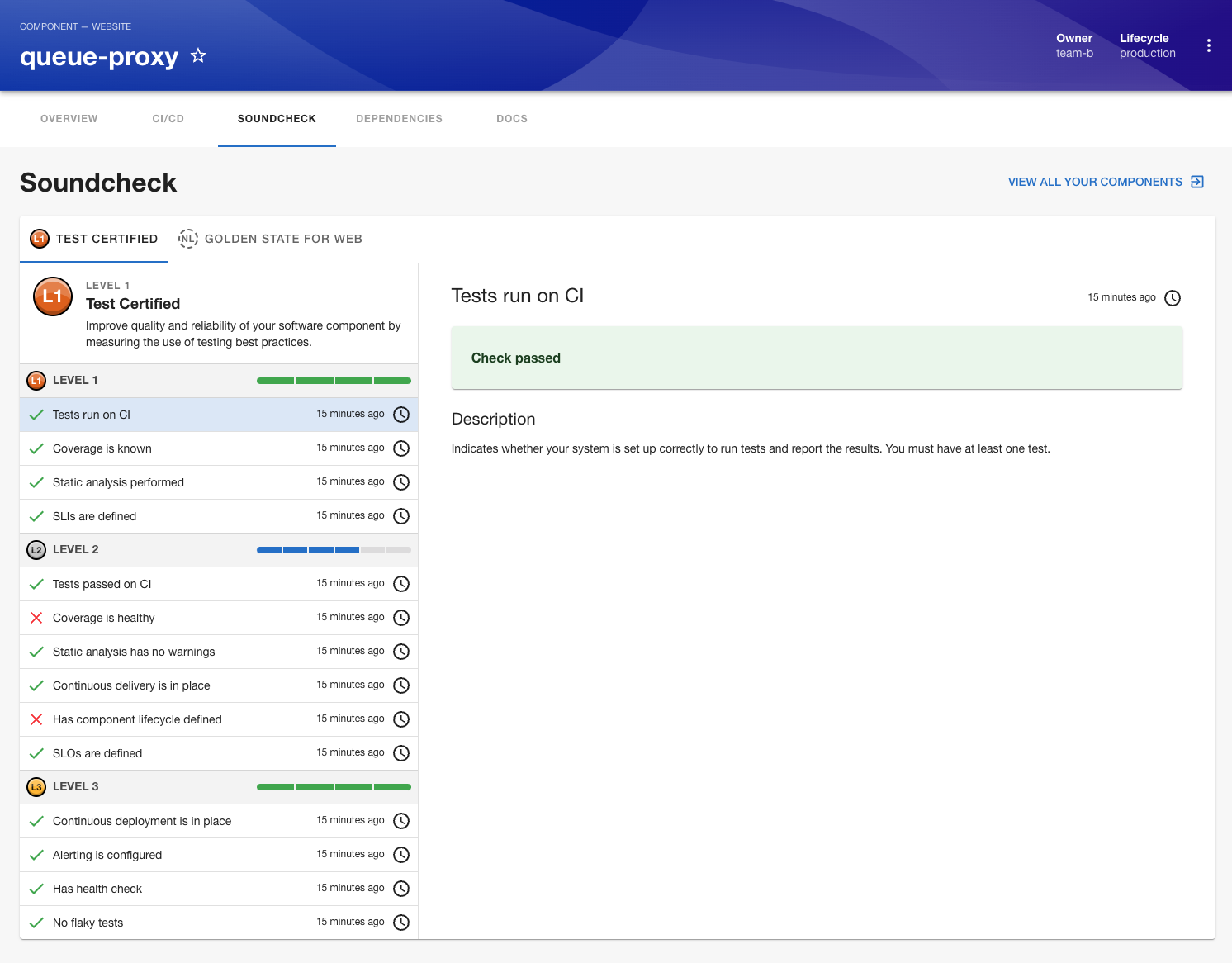
Finally, there’s the role-based access control (RBAC) plugin, serving up a no-code interface for companies to manage access to plugins and data within Backstage.
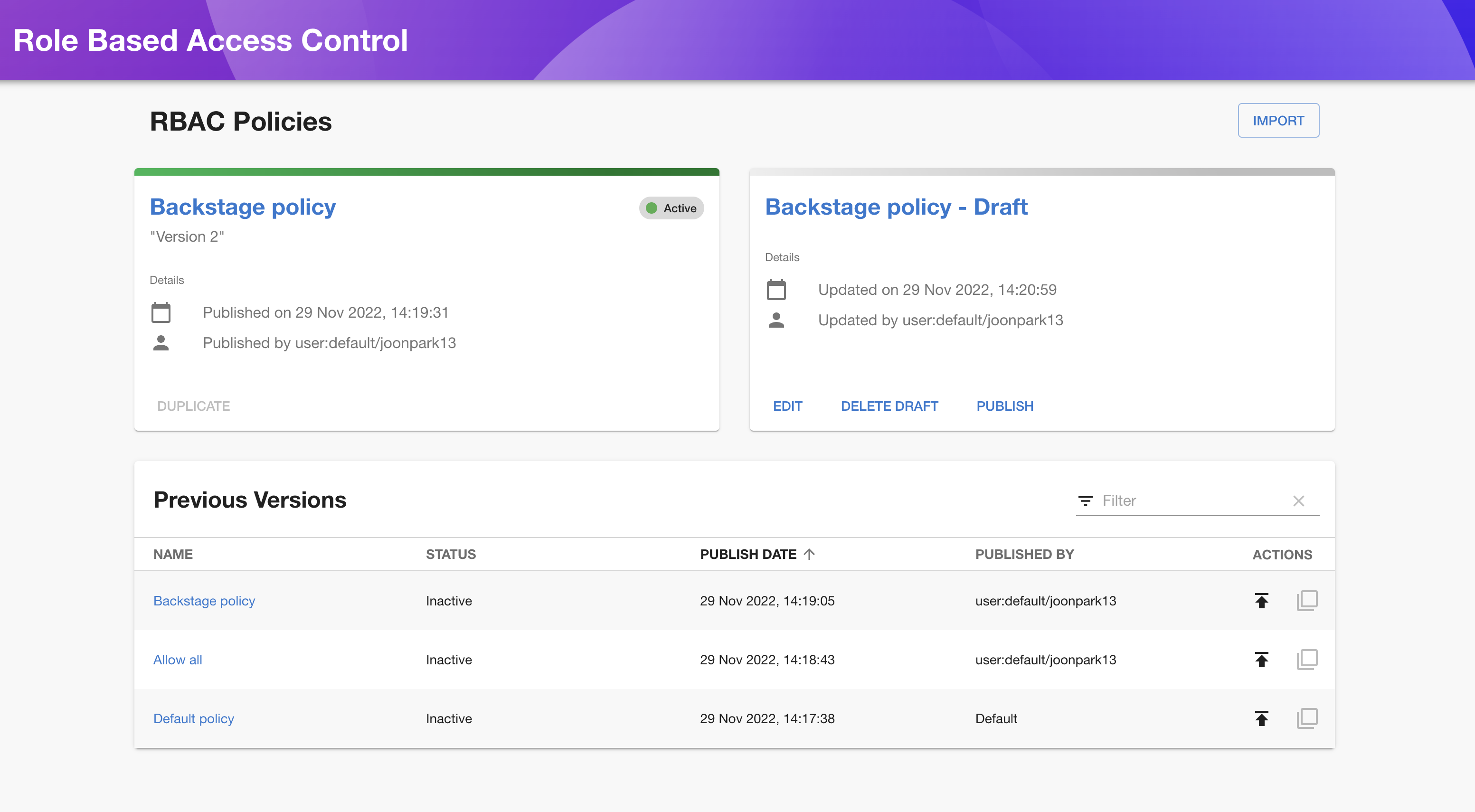
While Backstage and all the associated plugins can be used by businesses of all sizes, it’s primarily aimed at larger organizations, with hundreds of engineers, where the software is likely to be more complex.
“In a small development organisation, the amount of complexity that you have from, say 15 microservices, a developer portal is a nice-to-have, but not a must-have,” Singer said. “But when you’re at the scale of 500 developers or more, then the complexity really gets built out.”
Developer tools
While plenty of companies have commercialized open source technologies through the years, with engineers and developers often the beneficiaries, it is a little peculiar that a $15 billion company known primarily for music-streaming is now seeking to monetize through something not really related to music-streaming.
Moreover, having already open sourced Backstage, and created a fairly active community of contributors that have developed plugins for others to use, why not continue to foster that goodwill by simply giving away these new plugins for free? It all comes down to one simple fact: Developing robust and feature-rich software costs money, regardless of whether it’s proprietary or open source.
Indeed, just like how Kubernetes is supported by a host of big technology companies via their membership of the CNCF, Spotify has sought similar support for Backstage by donating the core project to the CNCF. But value-added services that will help drive adoption still require resources and direct investment, which is what Spotify is looking to fund through a subscription plugin bundle.
“Now it’s just a question of us being able to continue to fund that open source ecosystem, [and] like most large open source projects have, there’s some funding mechanism behind them,” Singer said.
In terms of pricing, Spotify said that costs will be dependent on “individual customer parameters” such as usage and capacity, and will be charged annually on a per-developer basis. In other words, costs will vary, but for a company with hundreds of developers, we’re probably looking at a spend in the thousands to tens-of-thousands region. So this could feasibly net Spotify revenue that falls into the millions of dollars each year, though it will likely be a drop in the ocean compared to the $10 billion-plus it makes through selling access to music.
If nothing else, Backstage serves as a reminder that Spotify sees itself not purely as a music-streaming company, but a technology company too. And similar to how Amazon created a gargantuan cloud business off the back of a technology that it built initially to power its own internal operations, Spotify is looking to see what kind of traction it can gain as a developer tools company — or something to that effect.
It’s certainly a question worth pondering: Does all this mean that Spotify is going all-out to become some sort of dev tools company? And can we expect to see more premium plugins arrive in the future?
“Who knows what’s gonna happen in the future — I don’t think you’ll see it in the next year; we’ll see how it goes,” Singer said. “We think that we have a bit to learn right now in terms of how this fits in the market. I do expect that you’ll see more from us in the future though.”
Spotify’s five new premium plugins are officially available as part of an open beta program today.





























Comment